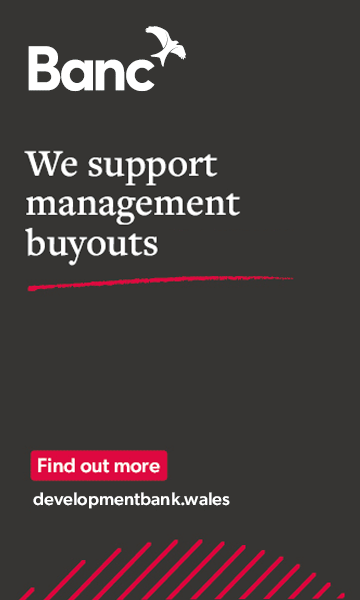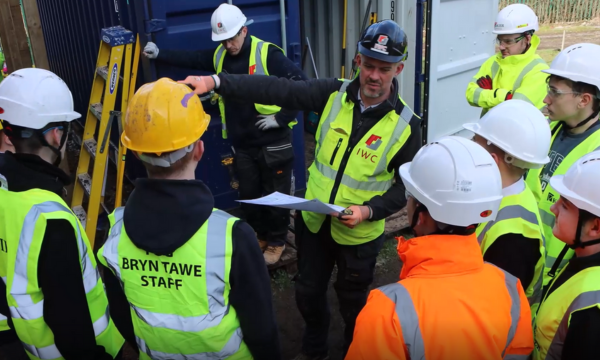Scientists in Cardiff are developing a new breast cancer treatment to be used alongside chemotherapy to increase its effectiveness, thanks to funding from Breast Cancer Now.
The charity has awarded £249,927 to Professor Richard Clarkson at Cardiff University, to conduct research to understand how triple negative breast cancer becomes resistant to chemotherapy and to find a way to prevent this from happening.
Around 15%* of breast cancers are classed as triple negative and if this form of the disease becomes resistant to chemotherapy, there are few other treatments available. Triple negative breast cancer is also more likely than most other breast cancers to return or spread within 5 years following diagnosis**.
Scientists believe that it is a specific type of tumour cell, called the breast stem cell, that resists chemotherapy. Previous research has found that these cancer cells not only resist chemotherapy but can increase in number when treated with chemotherapy in the lab.
Professor Clarkson and his team believe that a protein called cFLIP helps breast cancer stem cells to stay alive and hide from the immune system. The team hope that by blocking cFLIP, they can make breast cancer stem cells sensitive to chemotherapy.
They will test a drug they’ve made to block cFLIP on breast cancer cells grown in the lab and use it in combination with various chemotherapies to see which chemotherapy works best when taking this approach.
Professor Richard Clarkson from Cardiff University said:
“Chemotherapy is highly effective for many women with triple negative breast cancer. However, in the few cases when the cancer doesn’t respond, there are limited further treatments available.
“Triple negative breast cancer is also more likely to come back and spread in the first few years after diagnosis and treatment than other types of breast cancer. By learning more about how cFLIP helps cancer to resist chemotherapy, we may be able to find a way to make cancer more sensitive to this form of treatment, helping to save lives.”
Dr Simon Vincent, Breast Cancer Now’s director of research, support and influencing said:
“Each year around 8,000 UK women are diagnosed with triple negative breast cancer, which is usually a more aggressive form of breast cancer, often with poorer outcomes. Breast Cancer Now is therefore delighted to fund this research that could lead to new, effective ways to treat people with triple negative breast cancer and stop them dying from this devastating disease.”
Lisa Harvey, 52, a mother of two from Cardiff, completed her treatment for triple negative breast cancer in August 2022.
Lisa said:
“This new research is so important as we desperately need better treatments for people with triple negative breast cancer. When we complete our treatment, we simply have to keep our fingers crossed that the cancer doesn’t come back. I can’t put into words how important it is that more effective treatments are developed to help save more lives.”
Breast Cancer Now is here for anyone affected by breast cancer, providing support for today and hope for the future. Find out more at breastcancernow.org











